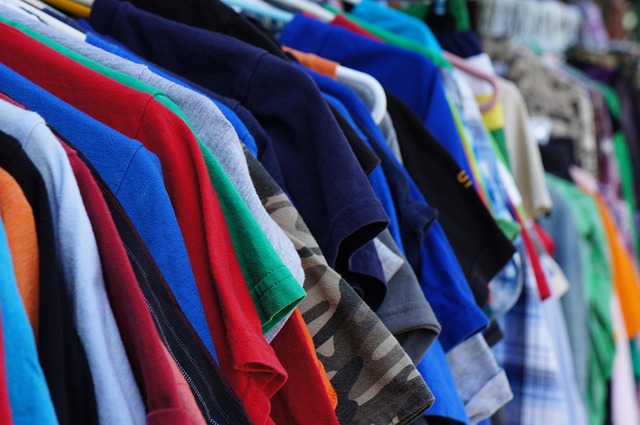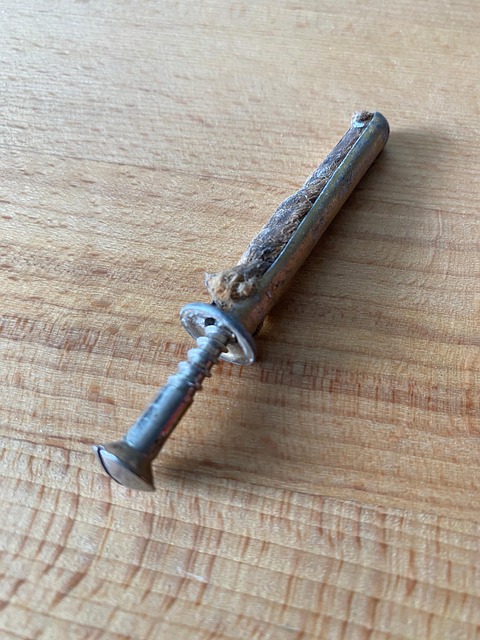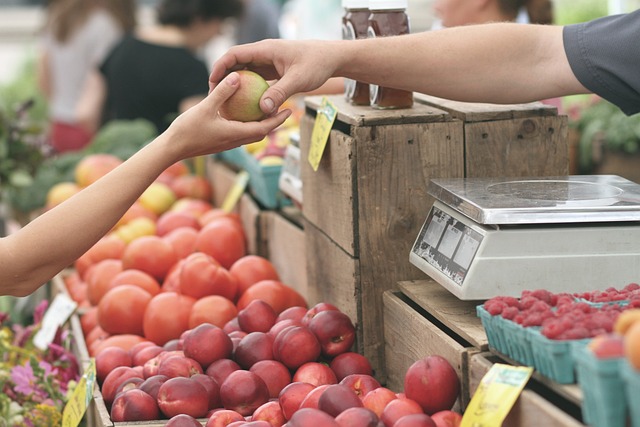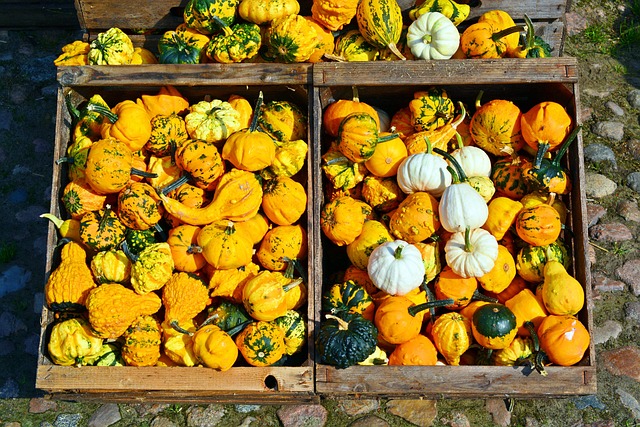Proper Yard Waste Removal and Recycling distinguishes organic waste like grass clippings and kitchen scraps from regular garbage. Local programs facilitate recycling these materials, reducing landfill waste and benefiting the environment. Creative upcycling transforms everyday items into resources for a greener home, while organic recycling minimizes resource waste, reduces greenhouse gases, enhances garden health through compost, and promotes ecological balance.
In today’s digital era, embracing eco-friendly practices at home is more crucial than ever. One effective way to reduce your environmental footprint is through organic recycling, especially when it comes to yard waste removal. This article guides you through the basics of yard waste management, offers creative ways to recycle common materials, and highlights the numerous benefits of adopting organic recycling methods for a greener home. Dive into these insights to learn how you can contribute to a sustainable future.
- Understanding Yard Waste Removal Basics
- Creative Ways to Recycle Common Materials
- Benefits of Organic Recycling for Your Home
Understanding Yard Waste Removal Basics

Proper yard waste removal and recycling are essential components of maintaining an eco-friendly home. Many homeowners often confuse regular garbage with yard waste, but they require different handling methods. Yard waste includes organic materials like grass clippings, leaves, tree branches, and garden trimmings. These items can be recycled through local programs to reduce landfill waste and benefit the environment.
Understanding the basics of yard waste removal starts with recognizing what can and cannot be composted or recycled. For instance, while organic materials are fair game, items like plastic bags, glass, and metal should never be included in your yard waste recycling efforts. Knowing these boundaries ensures that your contribution to eco-friendly practices is both effective and responsible.
Creative Ways to Recycle Common Materials

Many everyday items can be creatively recycled, reducing waste and contributing to a greener home. For instance, kitchen scraps like fruit peels and vegetable remnants can be transformed into nutrient-rich compost for gardening, eliminating the need for synthetic fertilizers. Similarly, old newspapers, cardboard boxes, and paper bags can be upcycled into useful materials such as pet beds, garden mulch, or even homemade cleaning products.
When it comes to yard waste removal and recycling, options are abundant. Grass clippings can be composted or turned into natural lawn fertilizers. Garden tools and hardware store scraps can be refurbed and repurposed, extending their lifespan. Even plastic containers from food deliveries can be creatively utilized for storage or as seedling pots before being recycled responsibly.
Benefits of Organic Recycling for Your Home

Organic recycling offers a multitude of benefits for eco-friendly homes, making it an essential practice for those committed to sustainability. By implementing proper yard waste removal and recycling strategies, homeowners can significantly reduce their environmental impact. One key advantage is the conservation of natural resources; organic materials, when recycled, divert substantial amounts of waste from landfills, where they would decompose and release harmful greenhouse gases.
Moreover, organic recycling fosters a healthier garden and lawn. Composted yard waste enriches the soil with essential nutrients, promoting plant growth and reducing the need for synthetic fertilizers. This not only minimizes chemical pollution but also encourages a thriving ecosystem in your own backyard, contributing to biodiversity and overall ecological balance.
Organic recycling is a powerful tool for creating eco-friendly homes, offering numerous benefits beyond traditional yard waste removal. By embracing creative ways to recycle common materials, homeowners can significantly reduce their environmental impact. From reducing landfill waste to enhancing soil fertility, organic recycling fosters a sustainable lifestyle that contributes to a greener future. Implement these practices and witness the positive transformation of your home into an eco-conscious sanctuary.














